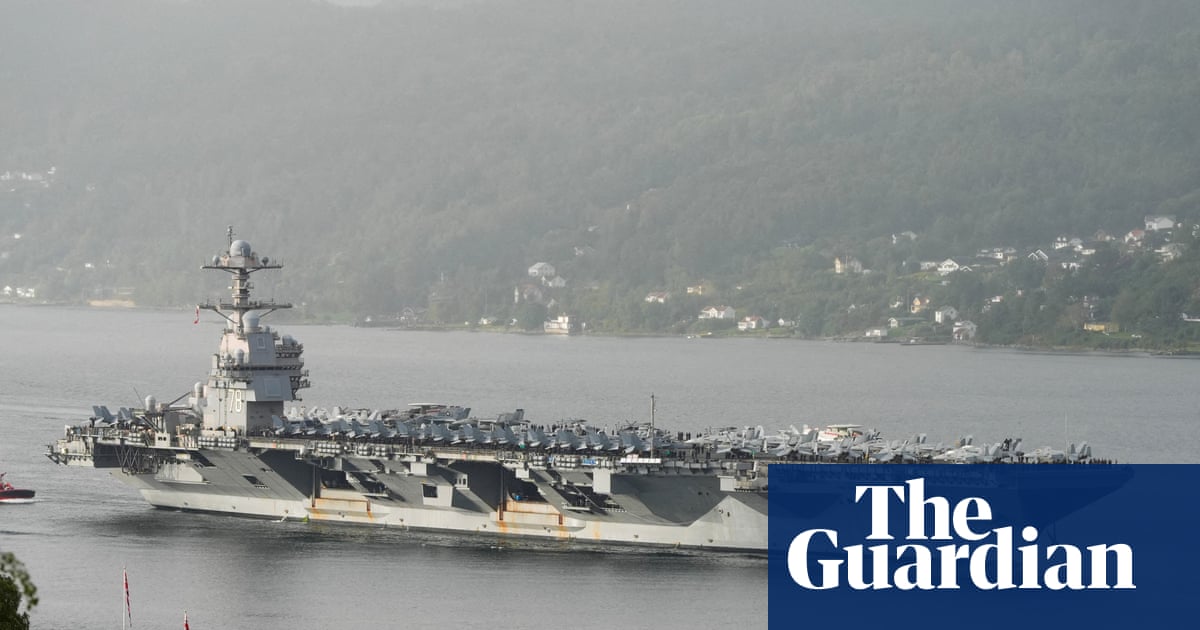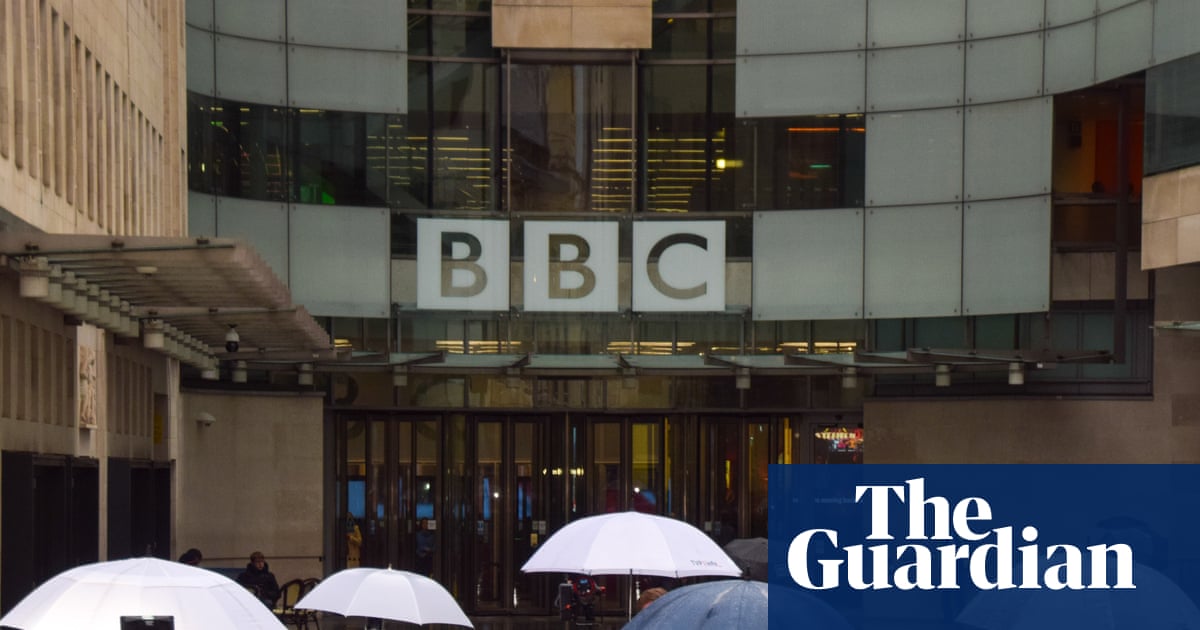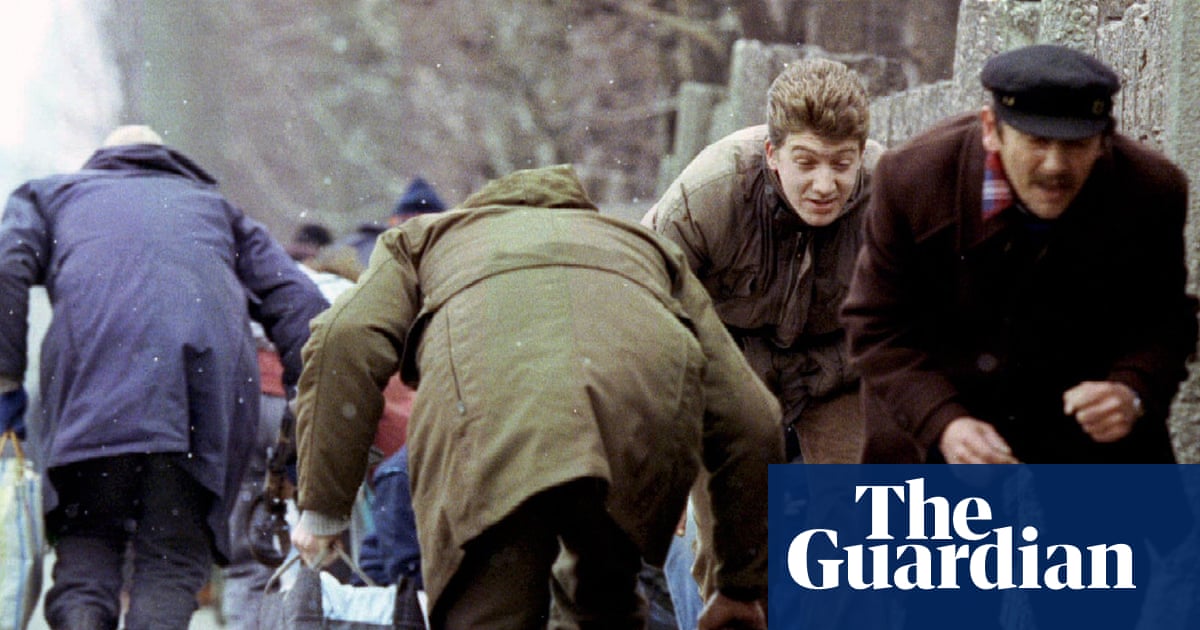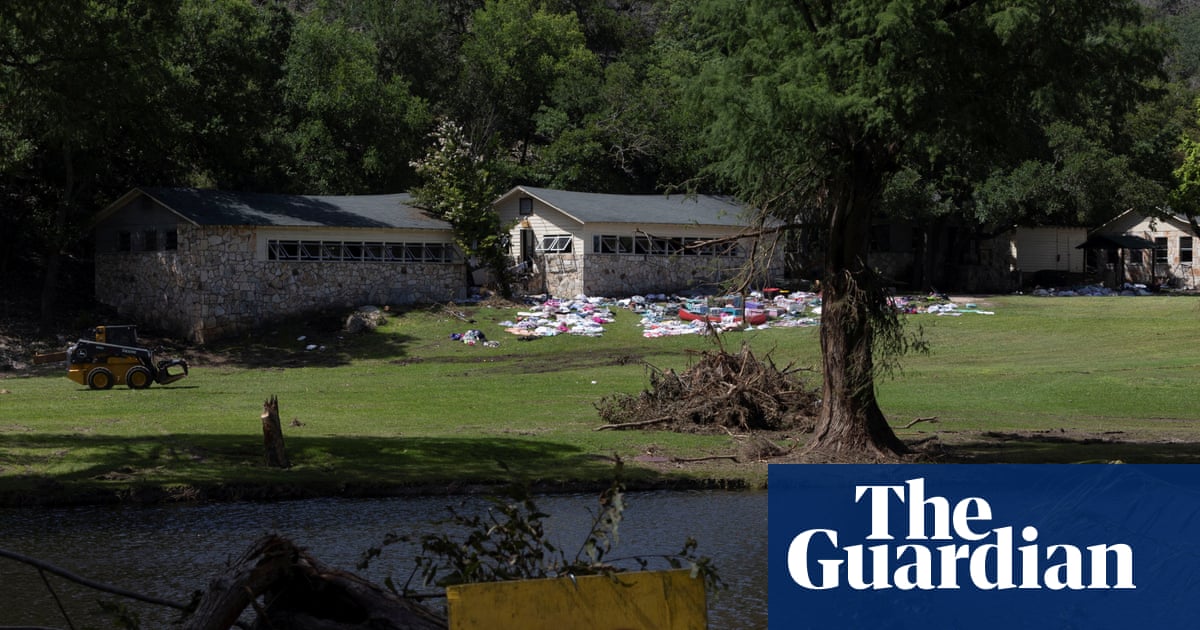Israeli armed forces and settlers have attacked Palestinian water sources more than 250 times in the past five years, amounting to the most sustained assault on civilian water supplies in recent years, new research reveals.
Bombs, dogs, poison and heavy machinery were among the weapons used to attack Palestinians and their infrastructure at drinking water, irrigation and sanitation sites in the occupied West Bank and Gaza Strip on at least 90 occasions between January 2024 and mid-2025, according to the Pacific Institute, a California-based nonpartisan thinktank tracking water conflicts.
In February 2024, Israeli snipers killed eight Palestinians collecting water near Naser hospital in Gaza, while in April Israeli airstrikes on two schools in Gaza City killed and injured 100 people, and destroyed five mobile latrines and a solar-powered desalination unit that were installed in October 2024 as part of an EU-funded project.
An estimated 90% of water and sanitation facilities in the Gaza Strip have been destroyed or damaged by direct attacks as military targets, or are inaccessible to Palestinians as they are located in areas blocked by the Israeli army. These actions have contributed to a public health catastrophe, according to Pedro Arrojo-Agudo, the UN special rapporteur on the human rights to safe drinking water and sanitation.
“Such practices in Gaza, but also in other armed conflicts such as Sudan, constitute violations of international law, and have been documented as patterns of behaviour that constitute war crimes and crimes against humanity, that in the case of Gaza in particular, are an important part of a genocidal strategy,” said Arrojo.
“Israel has systematically used water to displace and segregate the Palestinian population in their own territories, illegally occupied since 1967, as part of its strategy of apartheid and progressive colonization,” he added.
In the occupied West Bank in April, a group of Israeli settlers in the village of Bardalah destroyed irrigation pipelines on Palestinian-owned properties, while on the same day, other settlers damaged a water pipeline in the nearby village of Khirbat.
In July, Israel killed at least 10 Palestinians at a water distribution point in Nuseirat refugee camp in central Gaza, six of them children, injuring another 16 amid critical levels of famine and dehydration that forced people to travel long distances in search of food and water. The attack is part of a growing pattern that has left more than 1,000 Palestinians dead while trying to access basic food and water aid.
In July, a group of UN experts warned that Israel was using “thirst as a weapon to kill Palestinians”.
The Middle East has become a hotspot for water-related violence in recent years, but incidents are surging globally amid climate catastrophe, poor governance and escalating conflicts over access to land and water sources.
In 2024, there were a record 420 water-related conflicts globally – a 20% rise on 2023, which was also a record year, and a 78% increase over 2022. Another 160-plus attacks were documented in the first half of 2025. The violence included attacks on dams, pipelines, wells, treatment plants, irrigation systems and workers, as well as public protests and cross-border disputes over access to water, and the use of water as a weapon of war.
In Madagascar, security forces armed with teargas, tanks and rubber bullets quelled almost daily youth-led protests over the government’s failure to address widespread power outages and water shortages, until a coup usurped the president in October.
In September last year, a brother and sister on their way home from fetching water at night were fatally shot in Matswale, among many places in South Africa where water shortages are worsening.
Pakistan has seen a spike in water-conflicts this year, including a wave of protests in Karachi over the construction of six new canals on the Indus river, which left scores of protesters and police injured.
The new data shows an increase in violence against environmental and community activists defending freshwater resources, especially in Latin America, as well as rising cyber attacks targeting water utilities. Recent surveys of water agencies in the US and UK revealed hundreds of attempted breaches targeting systems that manage operations of drinking water and wastewater infrastructure and equipment.
The UN recognizes access to safe, acceptable, affordable drinking water as a fundamental human right, yet more than 2 billion people, about 25% of the world’s population, still lack access. Cutting off or denying people access to safe water violates international humanitarian law and the Geneva conventions, constituting a war crime.
The Pacific Institute’s tracker is the most comprehensive open-source database of water-related violence in the world, documenting incidents dating back over 4,500 years and contains more than 27,500 entries identified from news reports, eyewitness accounts and other conflict databases.
Overall, water-related violence has been rising steadily since over the past two decades but has surged in recent years as growing scarcity exacerbates old conflicts over land, ideology and religion, economics and sovereignty, and new ones erupt, according to the Water Conflict Chronology. Only 24 such incidents were reported globally in the year 2000, compared with more than 160 incidents in the first half of 2025.
Israeli assaults in occupied Palestine and Russia’s war with Ukraine have accounted for a significant chunk of the recent rise in assaults on water, irrigation and sanitation supplies, accounting for 12% and 16% respectively of all global incidents in 2024.
Kalush, a city of 65,000 situated in the foothills of the Carpathian mountains in western Ukraine, was left without water and power on 25 December 2024, Christmas Day, after major shelling by Russian forces. In August this year, Ukraine National News reported that Russia had shut off water to some homes in the occupied Donetsk, allegedly as punishment for refusing to accept Russian rule.
Ukrainian forces have also damaged Russian civilian and military water supplies. In July, they reportedly struck a water pipeline supplying Russian military facilities in Vladivostok, in Russia’s far east, cutting off drinking water to garrisons.
“The growing number of violent incidents involving freshwater resources underscores the urgent need for international attention,” said Peter Gleick, senior fellow and co-founder of the Pacific Institute. “Ensuring access to safe, affordable water for all and safeguarding civilian water systems in accordance with international law are critical to preventing further expansion of violence.”
The Israeli government did not respond to request for comment.

 1 hour ago
4
1 hour ago
4

















































